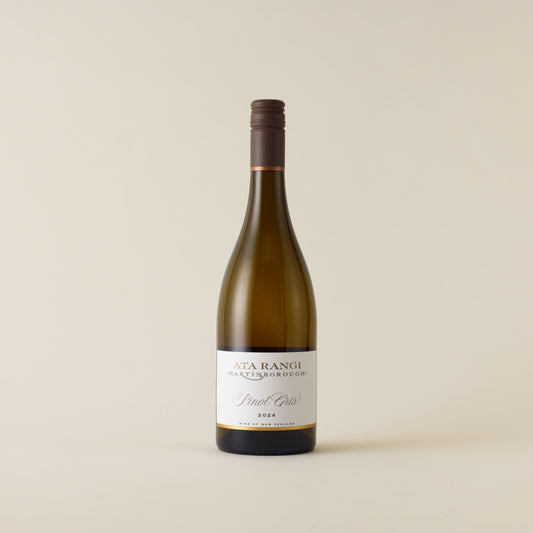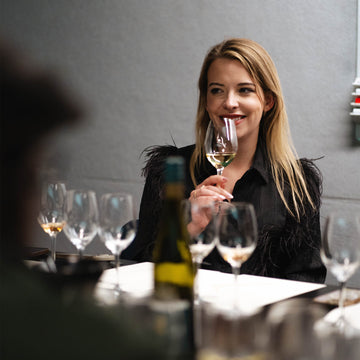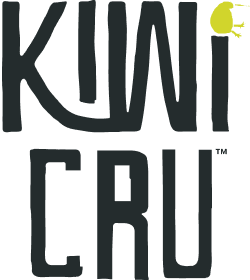

A Legacy of Care - from Vines to Forests

From Certification to Compost

A Living Culture of Sustainability
"Everything is about care for the environment, the vines, the soil, and the people.” Helen Masters
Discover Ata Rangi Wines
Ata Rangi Martinborough Pinot Gris 2024






Ata Rangi Martinborough Pinot Gris 2024
Regular price
£28.00
Sale price
£28.00
Regular price







